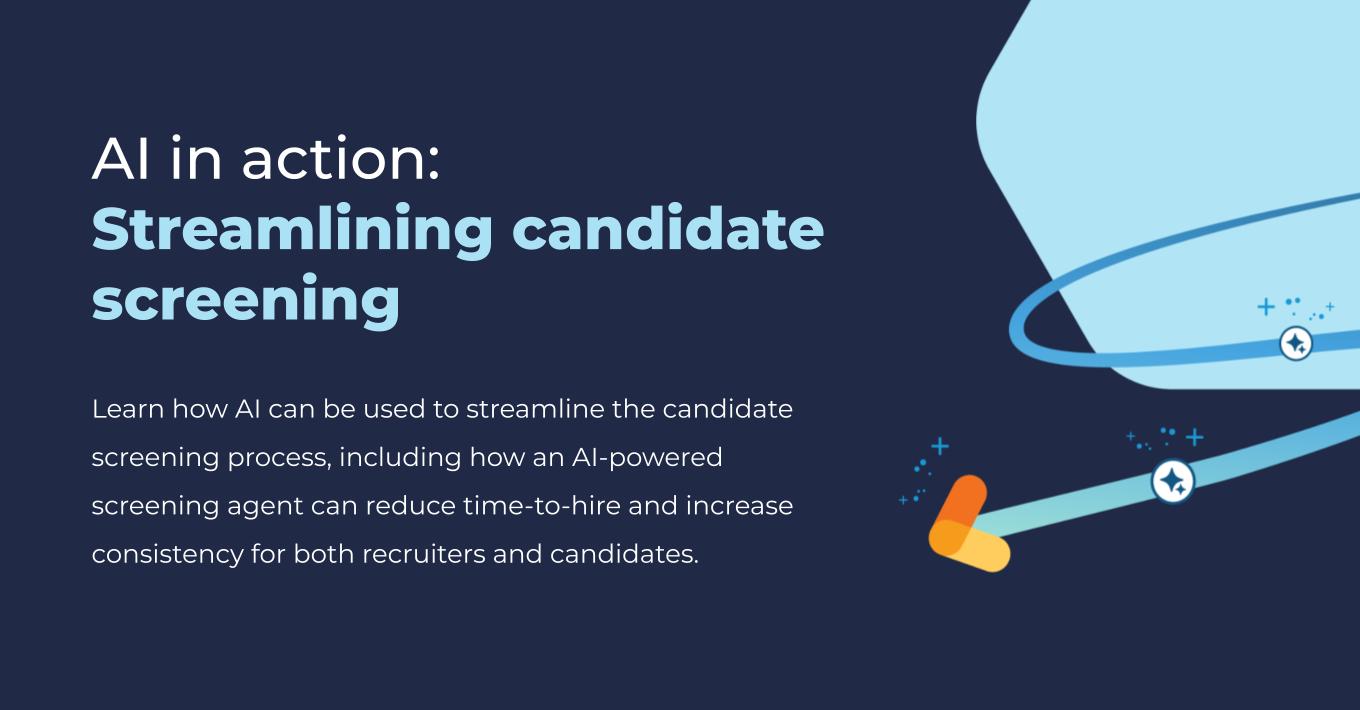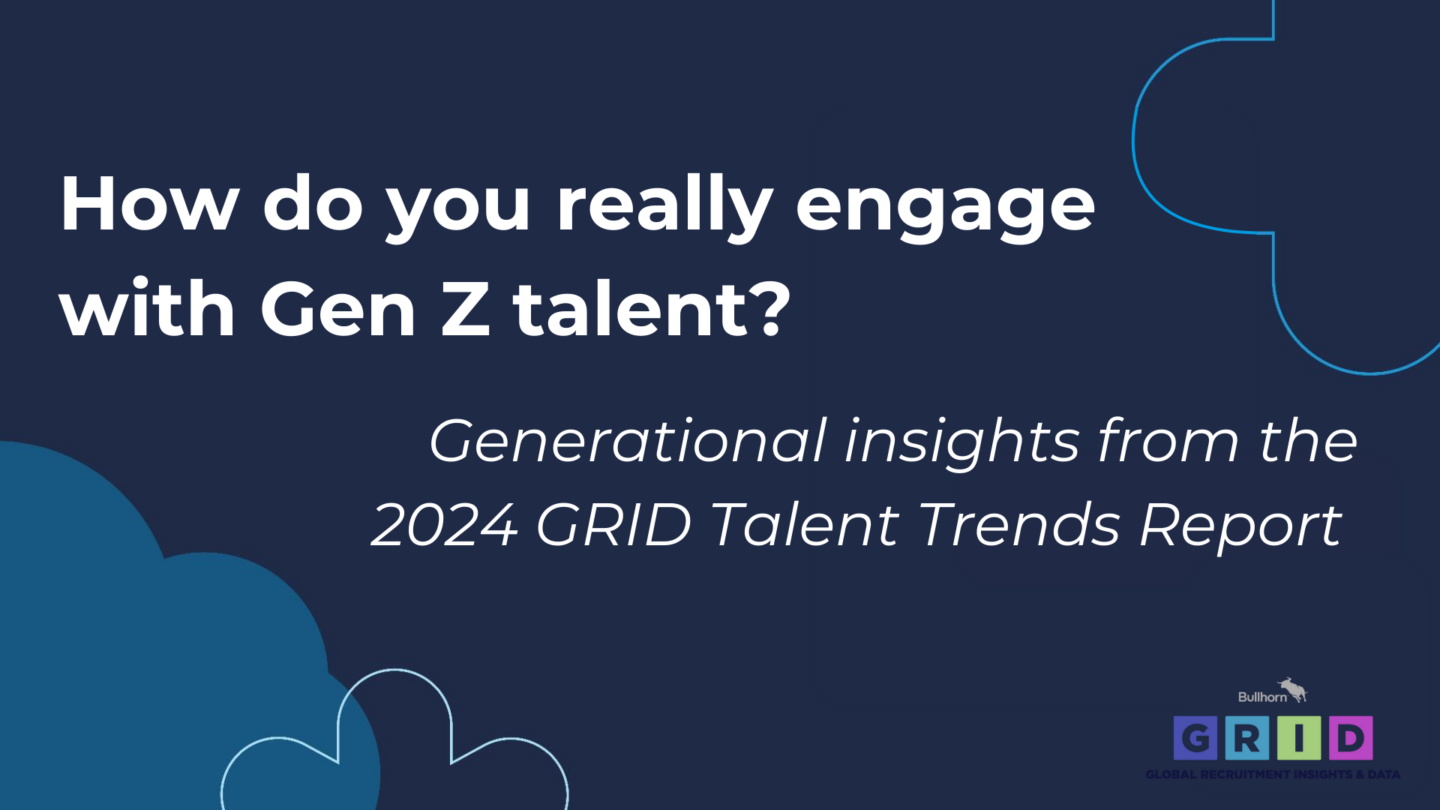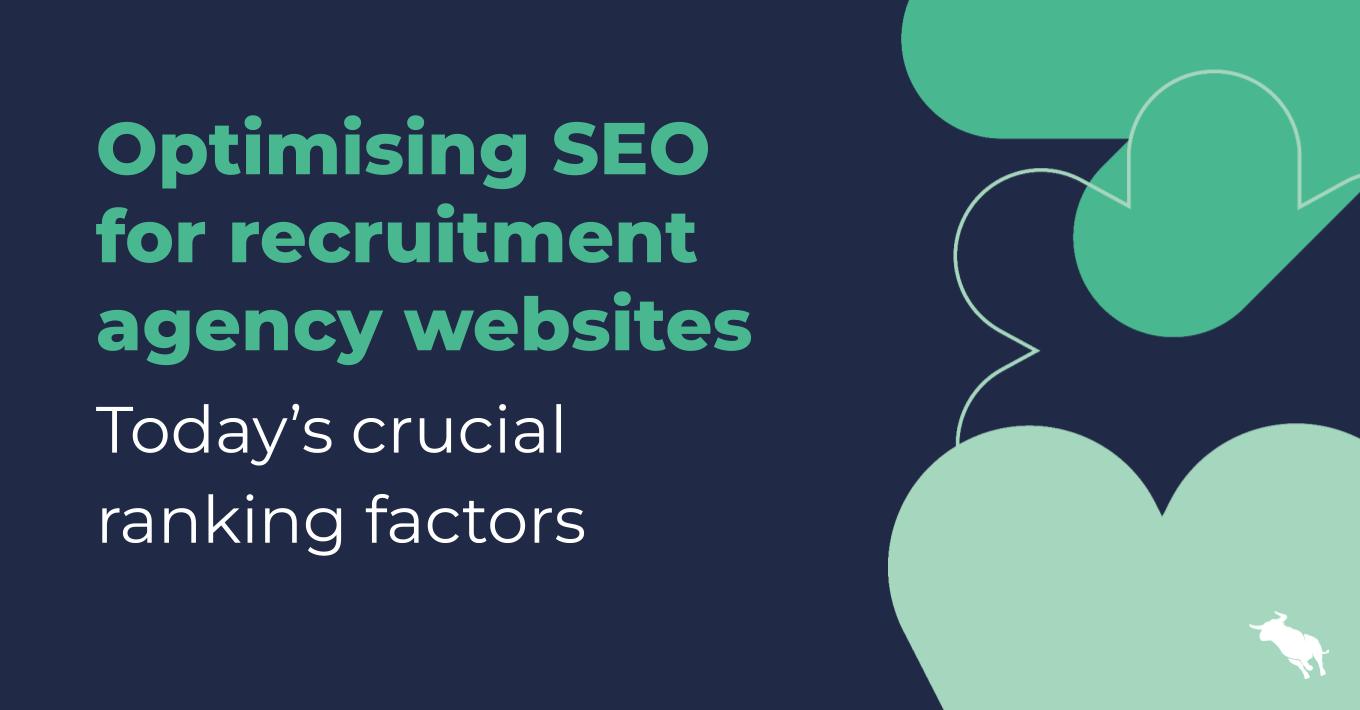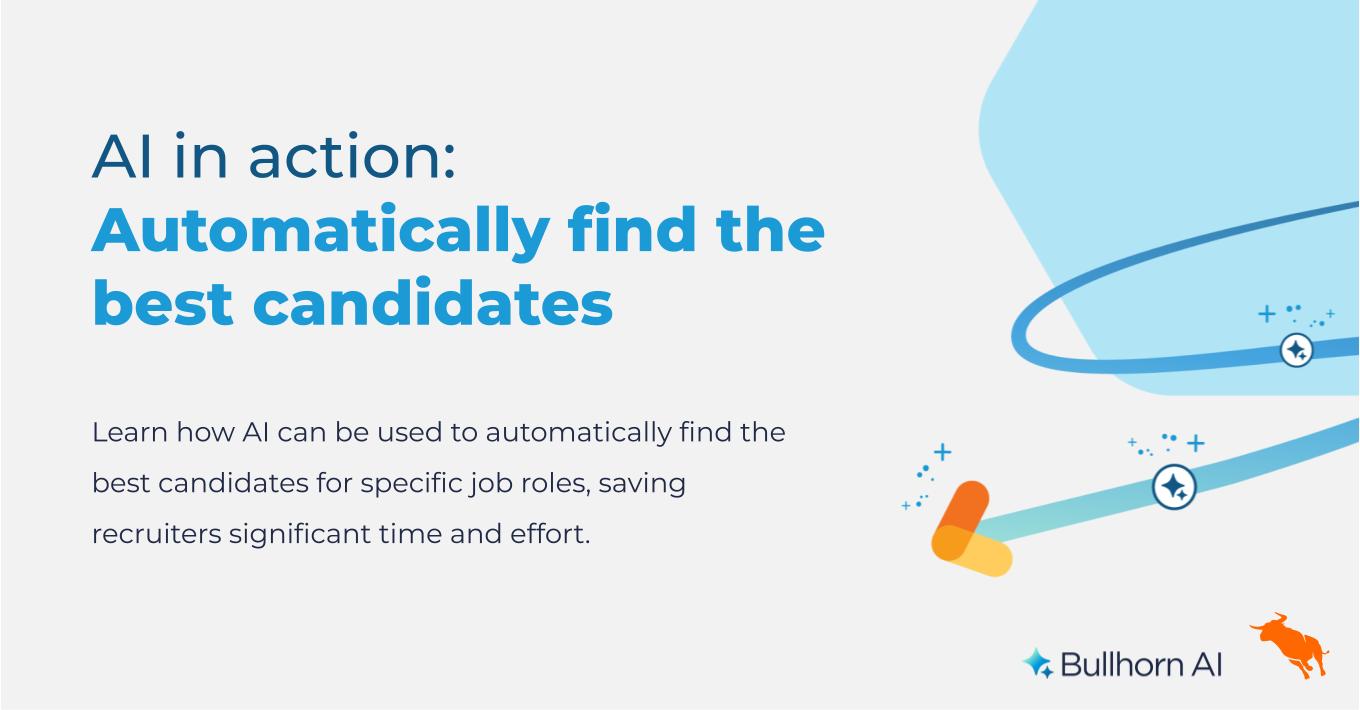3 Questions to Ask Before You Build a Recruitment Report

You probably know reports are essential for tracking and improving the performance of your recruitment agency, but do you take a strategic approach to creating and using them? In the battle against time, recruitment reports often get the short-shrift.
Do you run a report with the pre-set defaults that come with your reporting solution or with custom parameters that make sense for your business? Do you run reports with a purpose or because it’s part of your job responsibility? Do you make adjustments based on the data or do you just collect it?
Reporting can be incredibly impactful for the success of yourself, your team, and your agency if you take the right approach. Ask yourself these three questions to get in the right mind-frame for building and running reports.
Get the new ebook: From Reporting Zero to Recruitment Hero!
Are you using the right metrics?
What data are you tracking and how are you using it? A recruitment agency’s data can be broken down into two larger categories: performance metrics and business health metrics. Performance metrics are essential for improving operational efficiency and empowering your team to be as successful as possible. Business health metrics are critical for managing new and existing accounts, revenue, and profitability. Check out the ebook, From Reporting Zero to Recruitment Hero, for an in-depth analysis of the metrics that comprise these two essential categories of data.
Are you building the right reports?
The way you build your reports is just as important as the data you use. Before you build a recruitment report, be sure you understand what information you’re looking for, why you’re creating the report, and who the report is for. Are you building reports to tell a story about what happened or are you looking to gain insights about what decisions to make next? In particular, consider:
- What Question Are You Trying to Answer? What important question does this recruitment report answer? If you’re not asking a specific question, you’re likely to end up with data overload and a report that says too much without really saying anything at all. If you find that you’re running a report that doesn’t answer any particular question, chances are that you can replace it with a more efficient or useful report.
- What Purpose Does This Report Serve? Are you running a report to find areas for improvement? To build a narrative? To support a suggestion for your business? Data is about context, and understanding your report’s purpose allows you to select the appropriate context.
Are your reporting tools getting the job done?
You might have a great idea for an impactful recruitment report, but do you have the technical capabilities to actually build it? Don’t let technological limitations from your reporting solution prevent you from analysing and presenting data in a meaningful way. Some questions to consider:
- Can you build ad-hoc reports? Pre-built reports limit your ability to discover new information to unforeseen questions. Ad-hoc reporting gives you the freedom to think up a question and answer it in the most precise manner possible. Want to discover how many calls a specific recruiter makes on average on Fridays? An ad-hoc recruitment report is your best bet.
- Does your report utilise real-time data? Real-time data enables real-time decisions. Are you using the most relevant and recent data available to you? The recruitment industry is fast-paced, and older data may be holding you back from making the most informed decisions possible.
- Is your report aesthetically pleasing? Looks matter, at least when it comes to reports. Poor presentation can undercut the meaning and impact of your data, or it may ensure that your report doesn’t get seen at all. Can you illustrate your reports with charts and graphs? Visual representations of your data are often more striking and persuasive.
Start building smarter reports that will take your agency to the next level! Check out the new ebook, From Reporting Zero to Recruitment Hero: How to Build Reports to Better Run Your Business, for an in-depth exploration of these three reporting questions and the ways they can inform a better reporting strategy.





